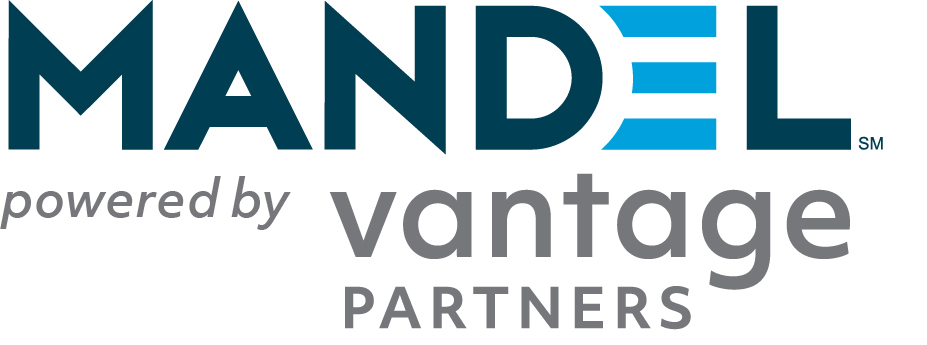Imagine working for a software company, the CTO and founder of which is undeniably brilliant.
A savant, there’s no development challenge he can’t solve. No product feature he can’t figure out how to incorporate. The product’s possibilities – and thus the company’s prospects – seem limitless.
But what if that same CTO were to offend people every time he spoke?
What if he insists on being a part of important sales meetings and then fails to listen to what customers have to say about the product or their needs for it? A colleague of mine worked for just such a software company in the late 1990s. So full of promise, it ended up running out of capital when the tech bubble burst in 2001.
Why did the company fail in her assessment? Because the CTO lacked soft skills, especially the ability to build a good rapport with employees and customers.
Rapport: “Maybe she’s born with it. Maybe it’s….”
Fundamentally, rapport is a mutual understanding and respect shared between two human beings. People tend to assume that socially adept people or people with high emotional intelligence are born, not made. But, the truth is soft skills can be taught.
And that’s great news, considering a Leadership IQ study showed that 89% of the new hires who fail, do so because of poor attitudes and interpersonal skills – not because they lack the technical skill to perform the job.
In business, I see people break rapport often as a result of self-consciousness, ambition, or a hyper-attentive focus on productivity, e.g., thinking only about your own needs, crossing another item off the list, meeting a deadline, closing the sale.
When you break rapport…
When you break rapport, you’ve communicated that you don’t have your listener’s best interests at heart. And when that happens, you lose your ability to keep his or her attention or to influence his or her thinking. So this week, I thought I’d focus on ways people break rapport and how to avoid them.
Avoid these rapport breakers.
Unwittingly, out of desire to avoid negativity or keep the momentum of a meeting or conversation going, people can break rapport by doing the following:
- Invalidating the listener’s point of view by what you say or how you say it. (e.g., “Don’t worry” or “You’re overreacting.”)
- Using inappropriate enthusiasm. (e.g., “You’ll love it!” “You can do it – no problem!”)
- Using jargon or acronyms.
Use these rapport makers.
Build rapport with listeners using rapport makers, or statements that demonstrate to the listener that you understand and respect his or her mindset:
- Validate your listener’s perspective. (e.g., “Given what’s happened, I can see why you’d be reluctant to move forward.”)
- Demonstrate appropriate enthusiasm. (e.g., “Only you can judge the best approach for your team.”)
- Provide relevant info that is not part of a pitch.(e.g., “It’s interesting you say that, because I just read about that same problem….”)
Obviously, I’m being a bit reductionist here. Rapport is ultimately forged by a robust interplay of verbal and non-verbal communication.
But the point I want to make is this: The next time you’re wowed by another person’s rapport-building skills and tempted to think, “Maybe she’s born with it,” think instead: “Maybe it’s something she learned and I can learn it too.”
Soft skills are getting a lot of attention these days and for good reason: the ability to communicate and connect with others is a real differentiator for professionals (and a productivity booster for businesses) in an environment that places a premium on collaboration and problem-solving. Could your organization benefit from soft skills training? Learn more about Mandel’s Corporate Training Programs or contact us to discuss your specific goals.







